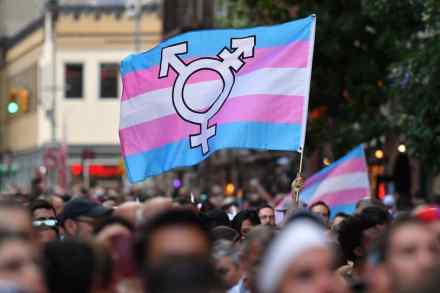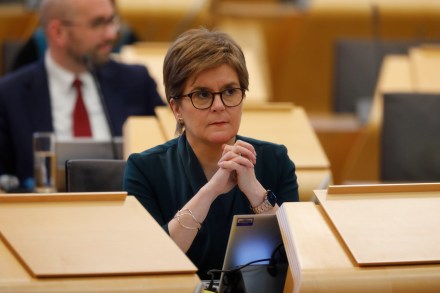Are Holyrood and Westminster heading for another Supreme Court showdown?
The UK government’s threat to block Nicola Sturgeon’s Gender Recognition Reform Bill took many by surprise. The powers, under Section 35 of the Scotland Act, have never been used before. The assumption from some observers, this one included, was that this was a negotiating tactic ahead of inter-governmental discussions on the Bill’s implementation and cross-border issues that might arise. That assumption appears to be wrong. I understand that raising the spectre of Section 35 is not a negotiating tactic: ministers are seriously contemplating it and legal advice is being sought. Among ministers’ concerns are questions over passports, driving licences and public safety. Michael Foran, a lecturer in public law at





















